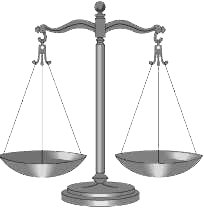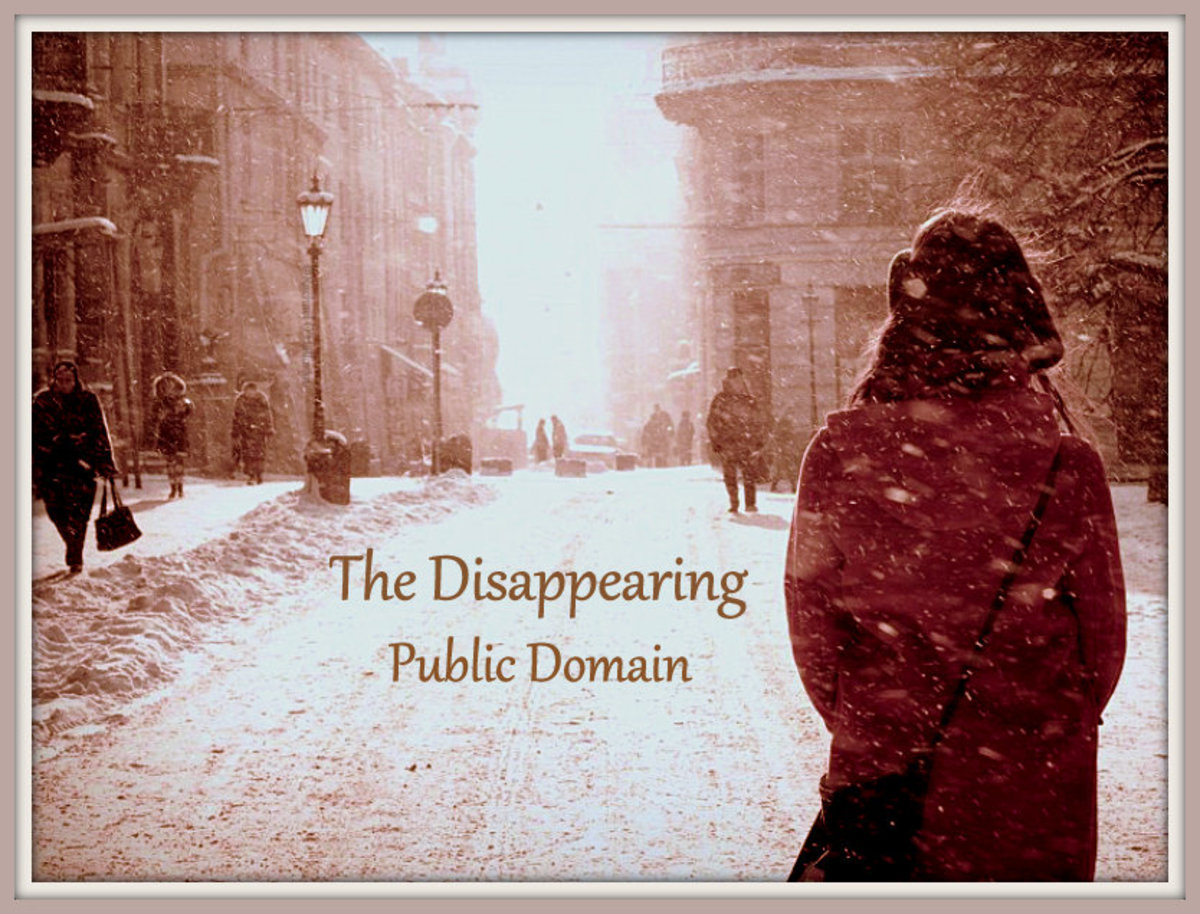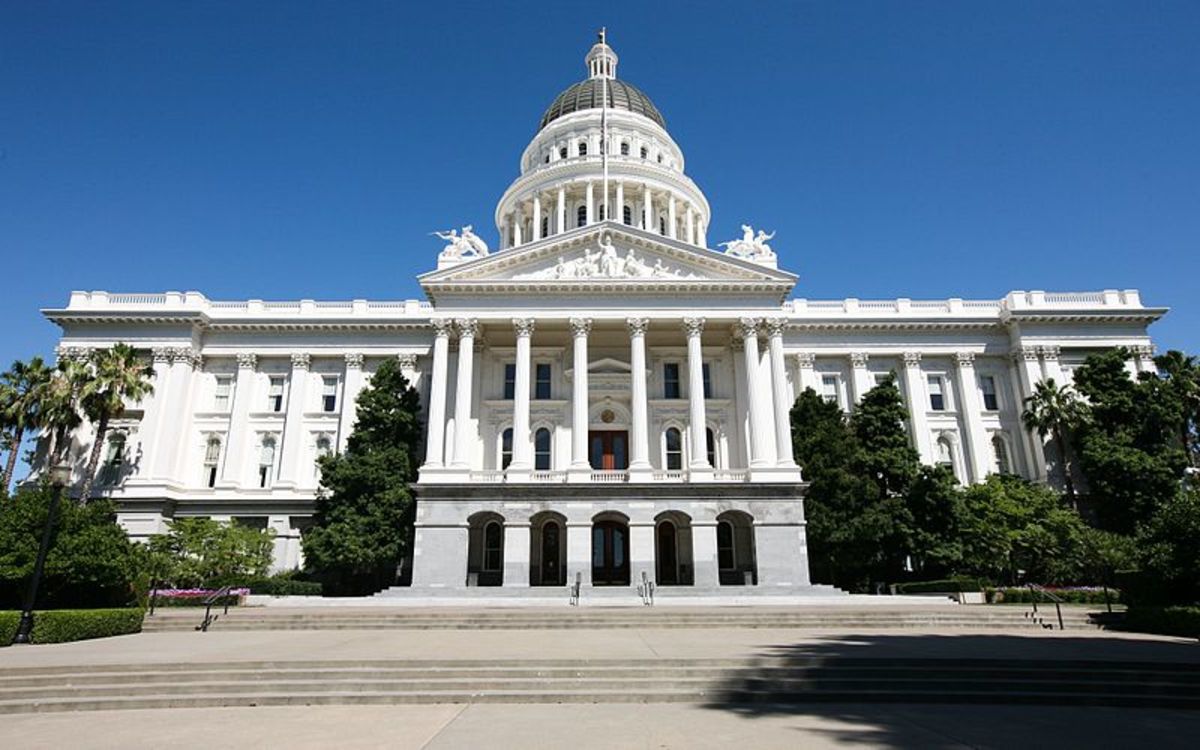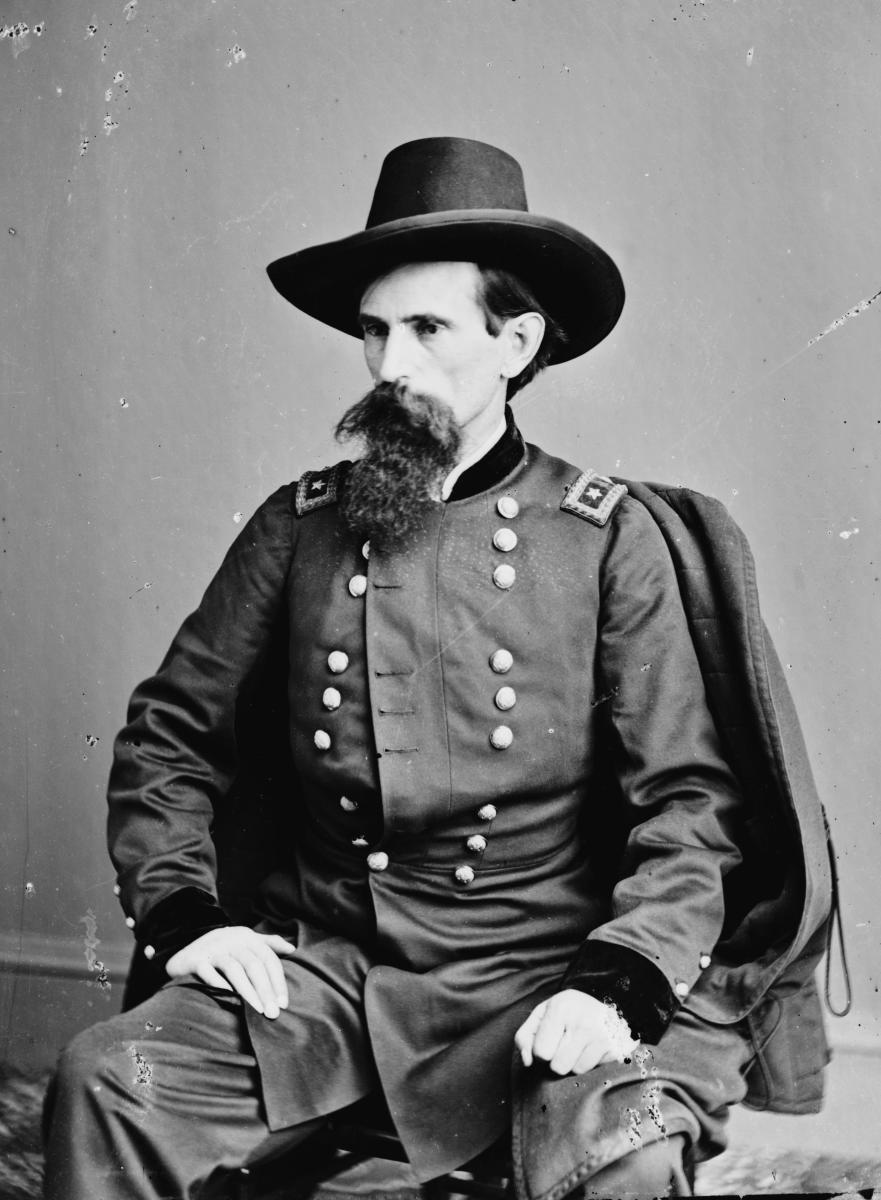How to Get a Law Passed or Repealed
Center of Politics

It seems like every time you pick up the newspaper or turn on the TV, there is a new law in your face. Who thought that one up? It's obvious that somebody did. It may have been born of necessity such as a law legalizing electronic signatures, or it may have been shoved roughly through a lawmaking body because some self-serving group wanted it. Let us take a look at the main origins of these ideas and show you how it's done. Bear in mind this is just a simple overview. It really can get more complicated than this.
Most people picture a stereotypical smoke-filled room, but only a very small percentage of laws originate there, and even fewer originate with the legislators themselves. Ideas for laws come from several sources:
§ Smoke-filled rooms – a lot of pork comes from here
§ State agencies trying to fill a need – human services agencies are a good example. For instance, an agency trying to get a law passed for aid to autistic children.
§ Lobbyists – an excellent example of successful lobbying is Mothers Against Drunk Driving (MADD) getting more stringent laws passed against drunk driving. Of course, some lobbying is strictly in self-interest of the client and is not good for the general public.
§ Individuals – ordinary citizens can and do come up with good ideas
Yes, even ordinary people like you. John and Jane Q. Public have just as much right as any politician or lobbyist to suggest a law and push to get it passed. Here’s an illustration of how to do it and the process it goes through. Please bear in mind that this is just a fictitious example.
Farmer Melvin Jones wonders why his cows are getting sick and a couple of them have died. He goes out to the creek in his north forty and discovers that the mines upstream are dumping waste material into the creek and contaminating the water supply to his farm. “There ought to be a law against this," he says. He picks up his phone and calls his state representative, who is sympathetic to his problem. State Representative Aloysius T. Fogbound may have heard similar rumors or complaints before but farmer Jones is the first person to actually contact him, and he thinks the complaint is worth investigating. He finds that it is very valid and agrees that there ought to be a law against contamination of creeks in his state. He decides to sponsor such a law during the next legislative session.
The first step is to write the proposed legislation in the form of a bill to be introduced. It is unusual for a legislator to personally draft a bill because there are professionals who do this for them. Rep. Fogbound takes his ideas to a legislative staff member referred to as a “bill drafter.” The bill drafter writes the bill while working with Rep. Fogbound to get it drafted satisfactorily. The next step before introduction may differ from state to state depending on the size of the staff, but generally speaking, the bill is then proofread and edited and reviewed to make sure that there are no legal glitches that a court would find unconstitutional.
Any changes to this bill made by editors and legal reviewers are then approved by the bill drafter and Rep. Fogbound. He thinks this proposed law is important enough to recruit more legislators to assist with the introduction of and to support his bill. He invites other representatives and senators to come on board as co-sponsors. This doesn’t always happen. Sometimes a lone sponsor pushes a bill through.
Rep. Fogbound then files the bill for introduction. In most states, but still not all, this system is computerized and the bill receives a barcode for tracking through the system. In our state the bill is confidential until it is filed and barcoded and assigned a bill number, then it becomes public knowledge and fair game. The newspapers and the public can work for or against it, but not until after introduction. Some states have no laws of confidentiality and the bill becomes public knowledge while in the “working-paper” stage.
After introduction, Rep. Fogbound’s bill goes to the proper House committee for consideration. If this had been a Senate bill, it would have gone to a Senate committee. If the House committee does not approve the bill it is dead in the water, however, the sponsor is allowed to try again during the next legislative session. Sometimes it takes a bill several years to go through the process and be passed. Some never make it. This same process holds true for legislation to repeal existing laws.
In this particular case, the committee finds that Rep. Fogbound’s bill has merit and approves it for a full vote in the House of Representatives. The House votes on the bill and passes it. It then goes to the Senate for their approval. When passed by the Senate, the bill becomes an act and is assigned an act number. There is one last step before it becomes law. All acts, including this one, must to go to the governor for approval.
Typically, the governor can do one of three things with the act:
§ Sign it into law
§ Allow it to sit on his desk for a number of days (five in our state) where it becomes law without his signature
§ Veto it
Most acts are immediately signed into law. However, if the governor does not like the law but he doesn’t want to go against the will of the general assembly (both houses of the legislature), he or she usually allows the act to become law without the governor's signature. The governor can be absolved of any later repercussions by saying he didn’t like it either and didn’t sign it. In rare cases the governor may exercise his right of veto if he is adamantly against it. In our state, a governor’s veto can be overridden by a 2/3 majority vote of the general assembly if a determined sponsor sends the act back through.
But back to Rep. Fogbound’s bill. It made it through the general assembly with flying colors and the governor signed it into law. Farmer Jones was happy, Rep. Fogbound and his co-sponsors were happy, and his other constituents it affected were happy. The law contained an emergency clause, so it went into effect immediately.
A newly passed act can go into effect:
§ Upon the date the governor signs it into law if it contains an Emergency Clause
§ On a special date designated in the act called an Effective Date. I have actually seen acts that go into effect two years after passage. This is risky for the sponsor because a law can be repealed before it goes into effect.
§ A number of days designated by law after the general assembly adjourns sine die (adjourns and doesn’t elect to come back that session). In our state the time period is 90 days after sine die.
Rep. Fogbound’s act, along with all the other acts passed, are then sent to the publisher to be published in the law books. Farmer Jones now has the satisfaction of seeing his idea come to fruition. Remember, you have the same right. You also have the right to seek the repeal of any law that you think is unjust or obsolete.
Most states now publish an electronic version that they make available online to the public in addition to the regular law books. Many public libraries keep their state’s law books and some federal law books in their reference departments.
CAUTION: Please be aware that the law goes into effect on its effective date (one of the three listed above), not when the law books or the electronic versions become available. Just because a law is not yet on the books does not mean that it has not gone into effect. You can be convicted of a criminal act even if the law is pending publication.

This article is accurate and true to the best of the author’s knowledge. Content is for informational or entertainment purposes only and does not substitute for personal counsel or professional advice in business, financial, legal, or technical matters.
© 2012 Doris James MizBejabbers








